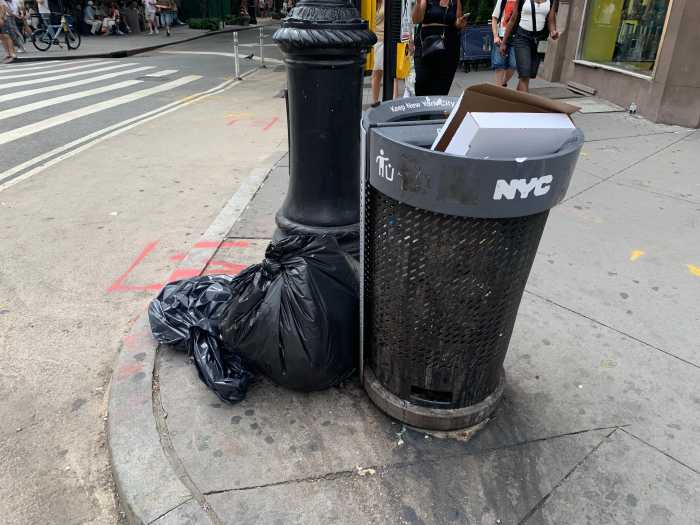The refrain is the same in communities across New York City: not here.
From Maspeth to Rockaway Beach, from East Elmhurst to Sunset Park, community members and local politicians are protesting NYC’s efforts to house homeless individuals and families in hotels and motels. Some residents worry about safety, others about property values or how sheltering homeless individuals or families would change their communities. There are those who fear their new neighbors or worry about anything that’s different. As one civic leader told a local newspaper, “You’re bringing in people from all kinds of backgrounds. That’s the reason why they’re alarmed.”
While we understand some of the concerns, the automatic “not here” is not the answer. In every neighborhood, we have to do our part to address the homelessness crisis.
There are about 60,000 individuals in city homeless shelters every night. There are 51 City Council districts. If we evenly split the responsibility, each district would help 1,200 homeless people. Some districts have done their part; others haven’t. Renting hotel rooms one by one, or converting old hotels and motels into full shelters, are logical ways to deal with the immediate need.
NYC officials have to communicate better with residents. Often, a lack of information before and after decisions are made allows misinformation to take root. A process that is open and involves residents at the outset would go a long way. And clearly, using hotels for sheltering homeless people mustn’t be the long-term solution. Mayor Bill de Blasio and Gov. Andrew Cuomo have promised more supportive housing and affordable housing. It’s important that they set benchmarks for achieving these goals so we can measure their progress toward creating more permanent housing for homeless people. But we still have to do what’s necessary now to provide shelter, a basic need for our fellow New Yorkers.
Protesting that the housing belongs somewhere else is not a workable answer and not the moral one. There are answers right now in every NYC community. Solving this crisis will take all of us. We should start saying yes.



































